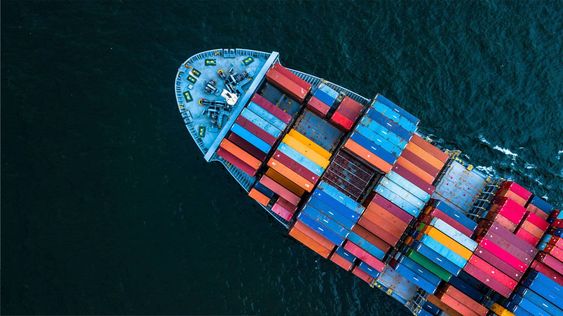Navigating international trade requires careful supplier selection, especially when it comes to customs compliance. Knowing how to choose customs-friendly suppliers in China can prevent delays, fines, and reputational damage. Here’s a step-by-step approach to streamline your sourcing process.
1. Verify Regulatory Knowledge
Customs Code Proficiency
Ask suppliers about their familiarity with HS codes. A competent partner can accurately classify products, reducing customs disputes. For example, electronics and textiles have distinct code requirements.
Policy Awareness
Inquire about their understanding of Chinese export regulations and destination country import rules. Suppliers should stay updated on policies like VAT exemptions or product restrictions.
2. Assess Documentation Competence
Complete Paperwork
Check if suppliers can provide essential documents: commercial invoices, packing lists, and certificates of origin. Incomplete paperwork causes clearance bottlenecks.
Digital Capabilities
Prefer suppliers using electronic documentation systems. They can quickly generate and transmit files, enhancing efficiency.
3. Evaluate Compliance History
Track Record Check
Request references from past clients regarding customs compliance. Look for a history of accurate declarations and on-time shipments.
Audit Trails
Ask suppliers to share internal audit reports or customs inspection results. Transparent records indicate reliability.
4. Consider Communication Skills
Multilingual Support
Choose suppliers with English-speaking staff, especially for international communication. Clear dialogue helps clarify customs requirements.
Responsiveness
Test their response time to queries. Suppliers who answer promptly can resolve issues before they escalate.
5. Examine Supply Chain Flexibility
Alternative Routes
Confirm if suppliers have backup shipping options. They should adapt to port closures or customs delays.
Inventory Management
Assess their ability to handle last-minute order changes without compromising documentation accuracy.
6. Check for Certification
Quality Standards
Verify ISO certifications relevant to your industry. Compliance with international quality norms often correlates with customs adherence.
Specialized Licenses
For regulated goods (e.g., chemicals, food), ensure suppliers hold necessary permits.
In conclusion, mastering how to choose customs-friendly suppliers in China demands thorough vetting of regulatory knowledge, documentation skills, compliance history, communication, flexibility, and certifications. By following these steps, you can build a reliable sourcing network. For further insights, companies like China Top Freight can offer industry expertise.Utilize China Top Freight to help solve the problems you are facing. Contact us today to embark on your smooth transportation journey!


